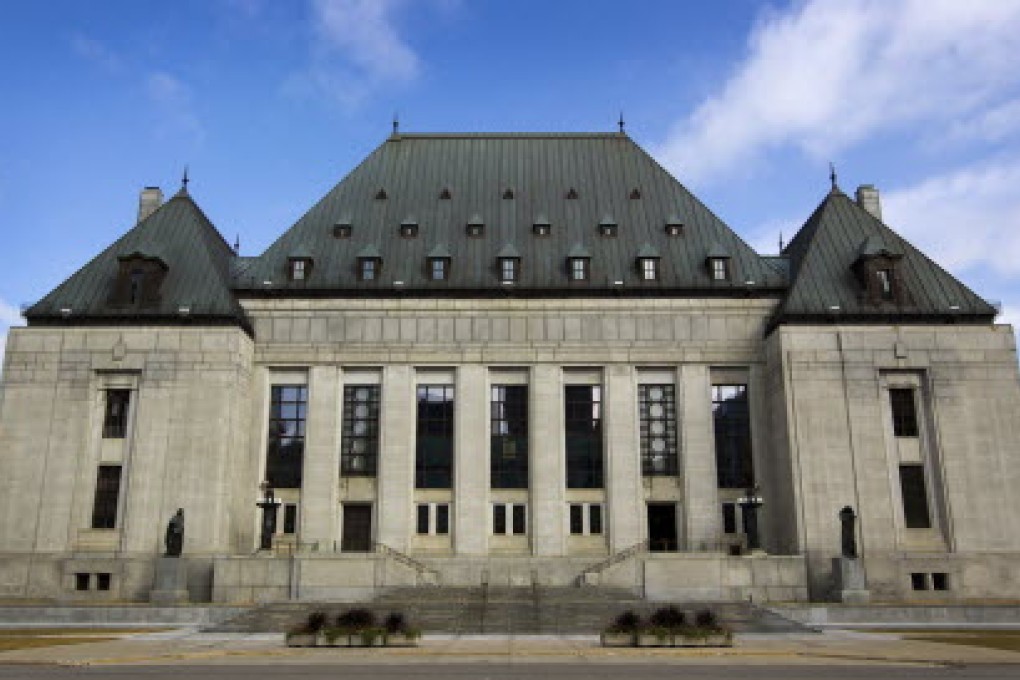Restrictions may violate the rights of the vulnerable
Recent events in Canada may offer an argument that controls on maids are unconstitutional

Article 5 of the Hong Kong Bill of Rights protects the right to "security of person". Unfortunately this has been a dormant right, neglected by courts and legal practitioners.
It deserves greater attention in current discussions on protecting vulnerable people, such as domestic helpers and prostitutes.
Three months ago, a similarly worded right empowered the Supreme Court of Canada to strike down three long-standing prostitution offences: being in a brothel, living on the proceeds of prostitution, and communicating in a public place for the purpose of prostitution - all with equivalents in Part XII of our Crimes Ordinance.
The decision could lead to an open system of regulated prostitution in Canada.
The laws were found to impose "dangerous" conditions on prostitutes, preventing "people engaged in a risky - but legal - activity from taking steps to protect themselves".
The government had argued that any risks were either accepted voluntarily or caused by violent customers, not by the law. The court rejected these points, noting that the "violence of a [client] does not diminish the role of the state in making a prostitute more vulnerable to that violence".